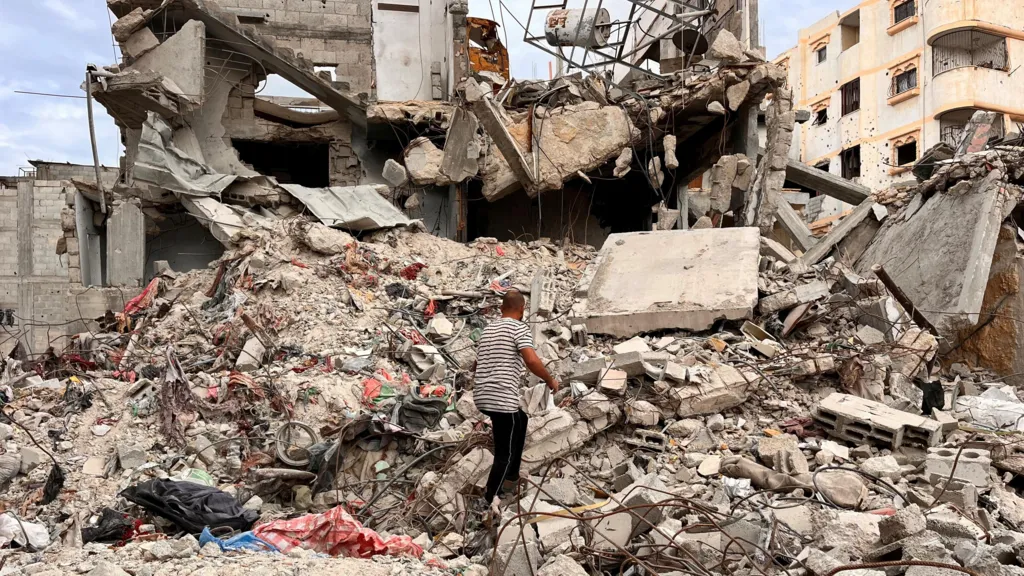
The International Criminal Court (ICC) has issued arrest warrants for Israeli Prime Minister Benjamin Netanyahu, former Defense Minister Yoav Gallant, and Hamas military commander Mohammed Deif, citing “reasonable grounds” to believe they bear responsibility for alleged war crimes and crimes against humanity during the recent conflict between Israel and Hamas.
The decision has triggered strong reactions from both sides of the conflict and the international community. Israel condemned the ICC’s move as “antisemitic,” while Hamas welcomed the warrants for Netanyahu and Gallant as an “important historical precedent.”
The ICC’s authority to issue these warrants stems from its jurisdiction over the occupied Palestinian territories, established in 2021. The court’s investigation focused on the events of October 7th, 2023, when Hamas launched a deadly attack on southern Israel, and the subsequent Israeli military response in Gaza.
The warrants allege that Deif is responsible for crimes against humanity, including murder, extermination, torture, and sexual violence, as well as war crimes such as murder, cruel treatment, and hostage-taking. Netanyahu and Gallant are accused of war crimes and crimes against humanity, including starvation as a method of warfare, murder, persecution, and intentionally directing attacks against civilians.
The ICC’s decision has sparked a debate about its jurisdiction and the potential implications for international relations. Israel, which is not a member of the ICC, rejects the court’s authority. The United States, a key ally of Israel, also rejected the ICC’s decision.
However, the European Union’s foreign policy chief Josep Borrell stated that the decision should be respected and implemented, highlighting its binding nature on all EU member states.
The enforcement of these warrants remains uncertain, as it relies on the cooperation of ICC member states. While some countries have indicated their willingness to arrest the individuals named in the warrants, others have a history of non-compliance with ICC requests.
The ICC’s decision has brought the issue of accountability for alleged war crimes to the forefront, raising complex legal and political questions about jurisdiction, enforcement, and the pursuit of justice in the context of an ongoing conflict.





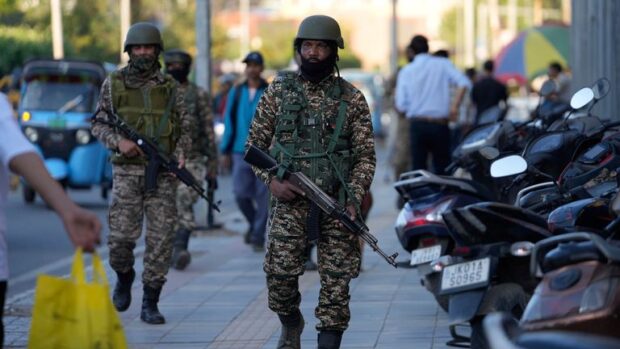



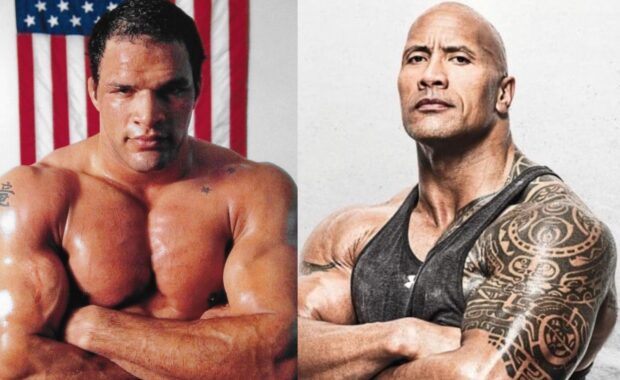

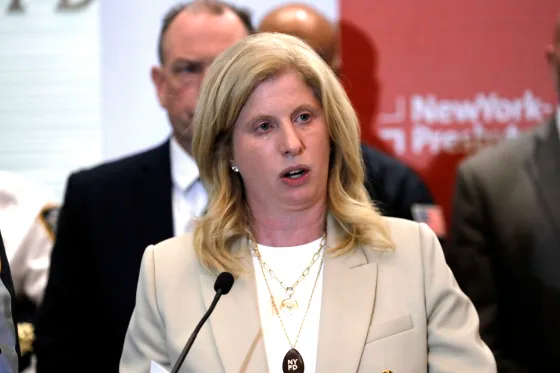
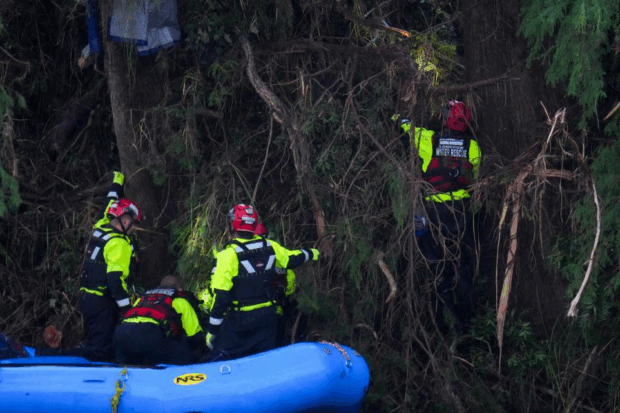


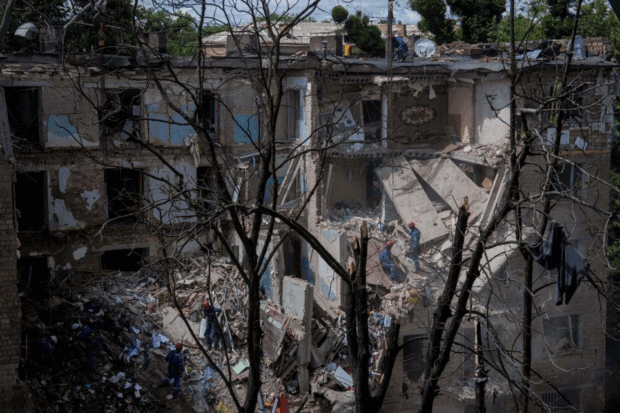
Be the first to leave a comment